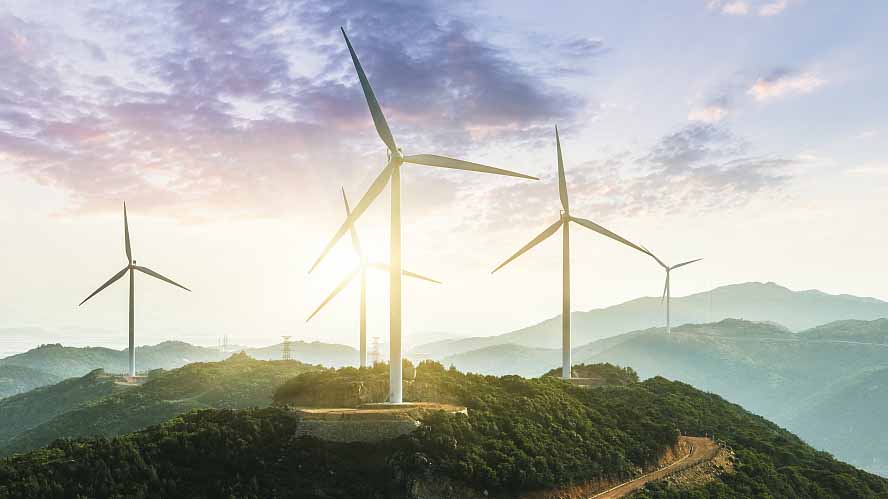01:20

Scientific and technological advances should benefit all humanity rather than be used to curb and contain other countries' development, Chinese President Xi Jinping said Monday.
Xi made the remarks in his speech at the virtual Davos Agenda event held by the World Economic Forum (WEF).
China will think and act with more openness with regards to international exchanges and cooperation on science and technology, join hands with all countries to create an open, fair, equitable and non-discriminatory environment for science and technology that is beneficial to all and shared by all, he pledged.
"Scientific and technological innovation is a key engine for human progress, a powerful weapon in tackling many global challenges, and the only way for China to foster a new development paradigm and achieve high-quality development," he said.
He reiterated that China will invest more in science and technology, develop an enabling system for innovation as a priority, turn breakthroughs in science and technology into actual productivity at a faster pace, and enhance intellectual property protection, all for the purpose of fostering innovation-driven, higher-quality growth.
Over the past years, the U.S. has been relentlessly cracking down on leading Chinese tech companies including telecom giant Huawei, chip maker Semiconductor Manufacturing International Corporation (SMIC), drone maker DJI, and social app TikTok's parent company Bytedance.
The tech cold war started by the U.S. unilaterally has disrupted the global supply chain in at least the telecom and semiconductor sectors, resulting in delayed 5G deployment in many countries and the latest chip shortage in the automobile industry worldwide. Meanwhile, business losses suffered by global companies on the supply chains could mean less money for their research and development in advanced technologies, which could stifle global innovation.
01:18

Double down on sustainable development for shared interest
China also pledges to make more effort in sustainable development by upgrading its industrial structure and energy mix at a faster pace and promote a green, low-carbon way of life and production, Xi said.
He stressed China's goal to peak carbon dioxide emissions before 2030 and achieve carbon neutrality before 2060. "Meeting these targets will require tremendously hard work from China," said Xi. He pointed out China must step forward and take action when the interests are shared by the entire humanity.
He also said the country is drawing up plans and specific measures to achieve the targets to "uphold multilateralism" and "protect our shared home and realizing sustainable development of humanity".

